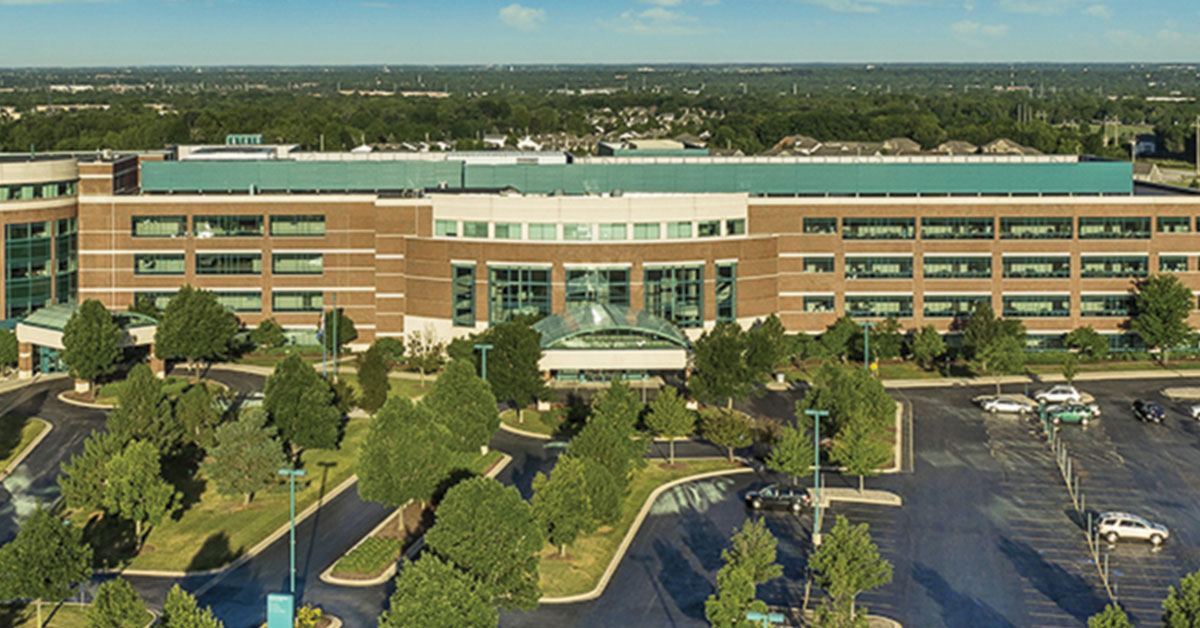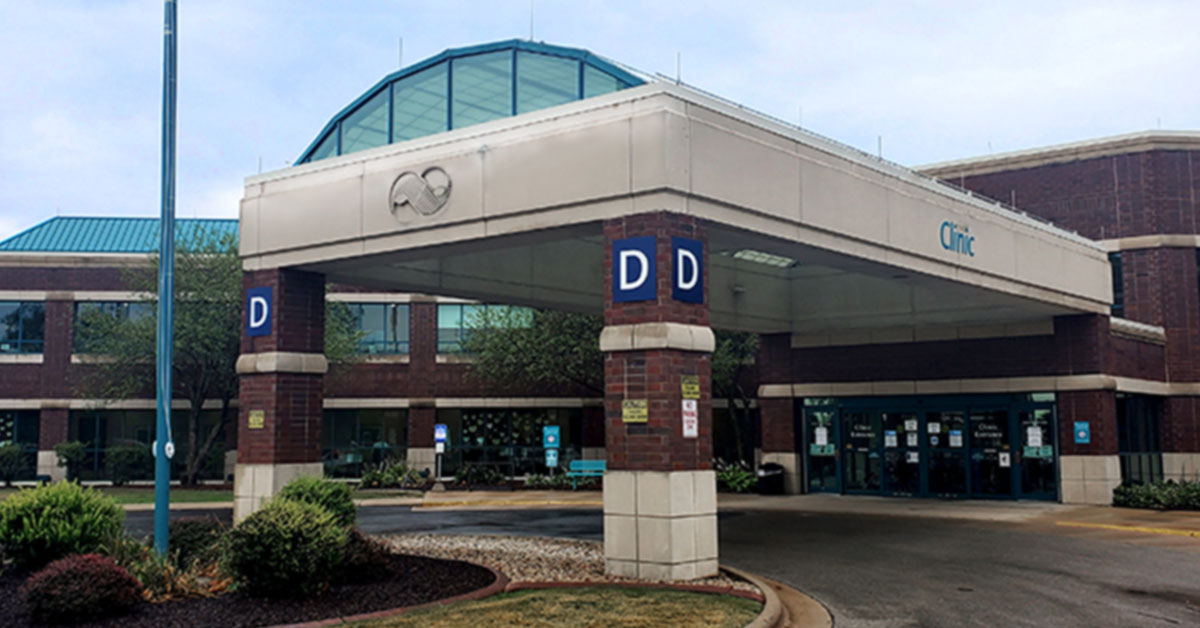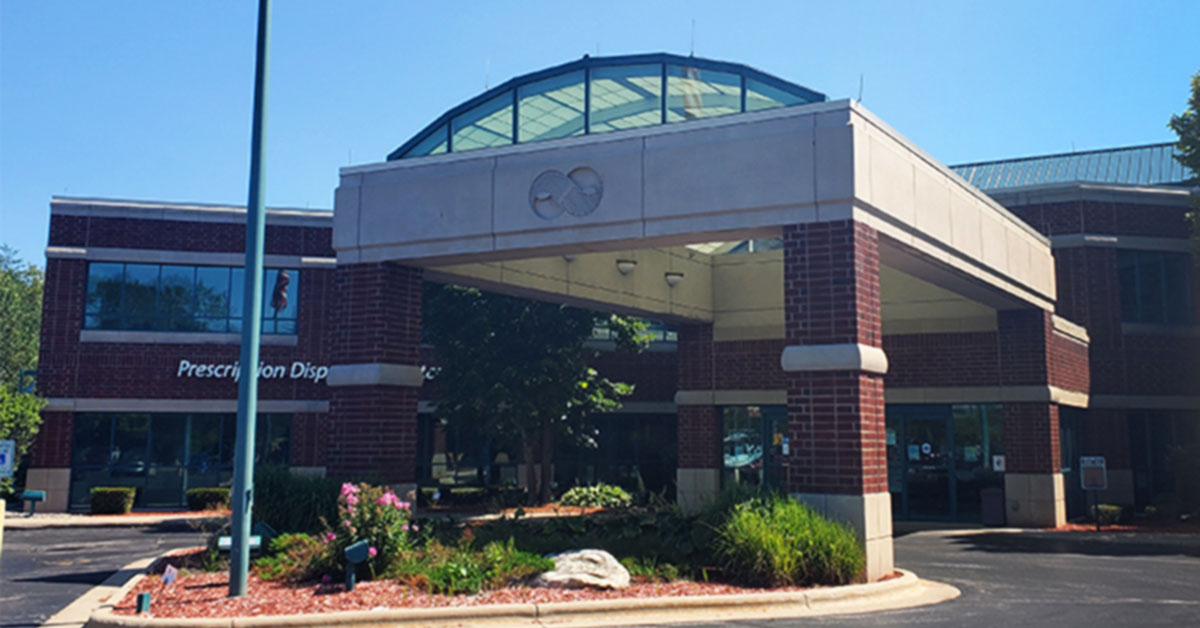Conditions we treat
Interventional Neurology
We treat many disorders of the blood vessels in the brain, neck and spine
These conditions can be treated via neurointervention, a series of minimally-invasive procedures.
The most common of these conditions:
What is stroke?
Stroke occurs when part of the brain is damaged due to a lack of blood flow. Stroke can be caused by a clot or plaque buildup in the arteries supplying oxygen to the brain, or by a broken blood vessel. A stroke can cause lasting brain damage, long-term disability or death.
There are three main types of strokes:
- Ischemic stroke: The most common kind of stroke, caused by a blockage of blood flow to the brain.
- Hemorrhagic stroke: Caused by a broken blood vessel, usually an aneurysm, that bleeds in or around the brain.
- Transient ischemic attack, or TIA: Temporary stroke-like symptoms that happen suddenly when blood flow to the brain is temporarily disrupted. It’s sometimes called a “mini-stroke.”
Stroke symptoms may include:
- Sudden vision changes
- Trouble speaking or slurred speech
- Dizziness or balance problems
- Unusual and severe headache
- Numbness in your face
- Weakness or tingling in your face, arms, or legs
Aurora BayCare Medical Center in Green Bay is the first certified Comprehensive Stroke Center in northeastern Wisconsin and Upper Michigan. That certification recognizes the most advanced stroke treatment available and the stroke center’s ability to provide the highest level of care for stroke patients.
The Telestroke Program extends the stroke center’s reach. Patients can consult with an acute stroke specialist via face-to-face video chat and can receive treatment recommendations sooner.
What is a brain aneurysm?
A brain aneurysm is a weak, bulging spot in a blood vessel in the brain. They can grow undetected for years. But sometimes the arterial walls around an aneurysm can become so thin and weak that they burst or rupture, allowing blood to flow into the tissue in and around the brain. A ruptured aneurysm is a medical emergency.
What are vascular malformations?
Vascular malformations of the head or neck are conditions that often involve a complex, abnormal connection among the blood vessels in the brain, face, sinus area or spine.
What is carotid artery disease?
Carotid artery disease occurs when plaque builds up inside the carotid arteries, which supply blood flow to the brain. Temporary loss of blood flow to the brain can cause transient ischemic attacks, or TIAs. A prolonged loss of blood flow or a complete blockage can cause a stroke.
How do I get an appointment with a neurointervention specialist?
People seeing a neurointervention specialist for the first time must have a referral. Your primary care physician or medical provider will send that referral to our office. Our staff will contact you to schedule your first appointment.


